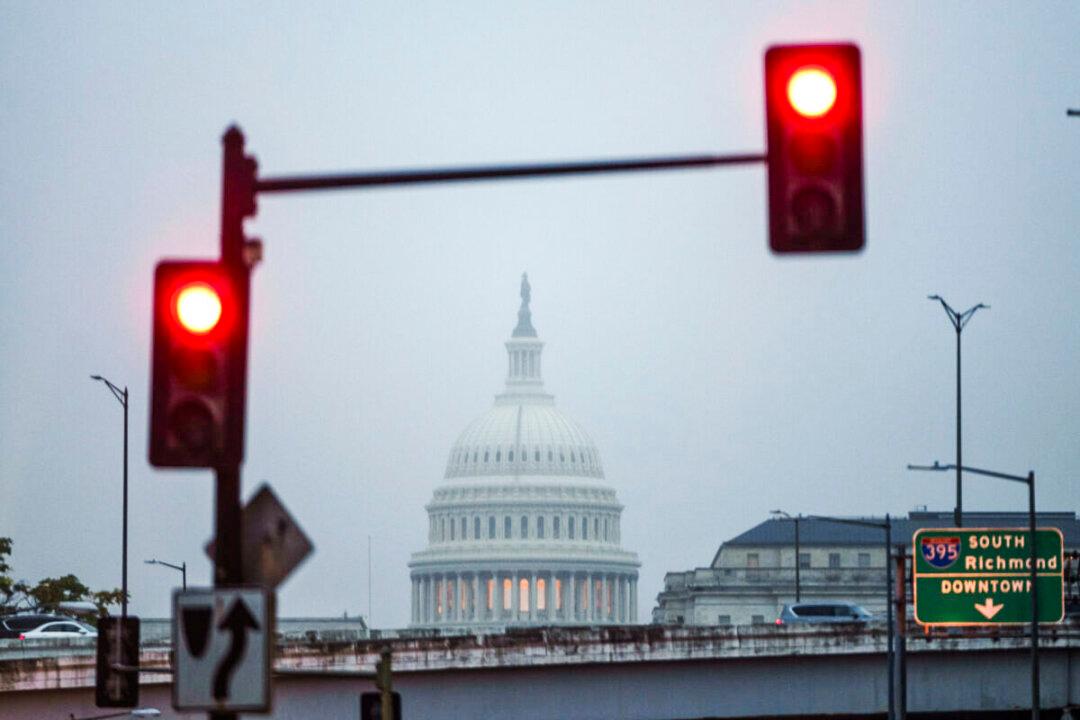As the White House and top Republican lawmakers are stuck at an impasse over the debt ceiling, the cost of insuring exposure to U.S. government debt has touched record highs.
Spreads on 1-year credit default swaps (CDS), a market-oriented measurement of default risks, climbed to a record high of 172 basis points on May 10. Spreads on 5-year CDS also reached a 12-year high of 65.3 basis points.





